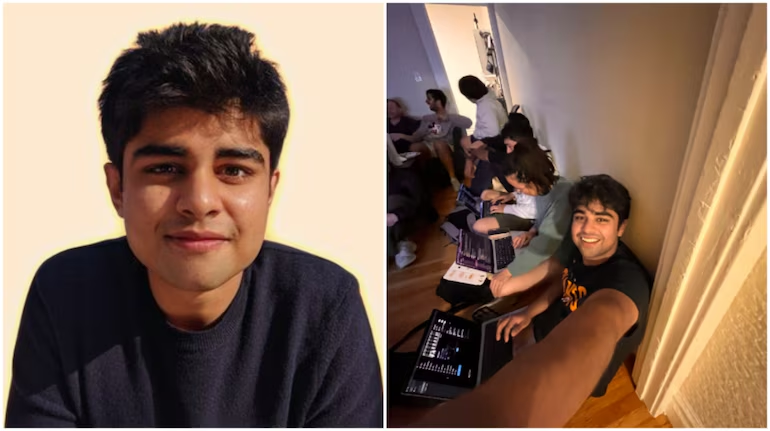San Francisco-based AI startup Greptile and its Indian-origin CEO, Daksh Gupta, are at the center of controversy after Gupta’s candid remarks about the company’s grueling work culture went viral. His tweet, describing 84-hour workweeks and minimal work-life balance, has ignited heated debates about workplace ethics and sustainability in the tech industry.
The Controversial Work Culture
In his tweet, Gupta outlined the demanding work environment at Greptile, stating:
“Typical workdays start at 9 a.m. and end at 11 p.m., often later, and we work Saturdays, sometimes also Sundays.”
This translates to over 84 hours per week, leaving little room for personal time. Gupta explained that his intent was to provide transparency so candidates could make informed decisions. However, the post quickly garnered over 1.6 million views and triggered widespread criticism, with many calling the culture exploitative.
One commenter questioned the approach, saying:
“What makes you think this will make your company successful instead of giving weekends off to increase productivity?”
Another pointed out the potential toll on employee health:
“Nobody does great work without adequate sleep. Bad sleep leads to bad decisions and lousy products.”
Gupta’s Response to the Backlash
Amid the uproar, Gupta tweeted a follow-up, acknowledging the criticisms and addressing the intense reactions:
“Now that this is on the front page of Reddit and my inbox is 20% death threats and 80% job applications, here’s a follow-up.”
He clarified that the high-pressure work environment is temporary, necessary for the startup’s early growth phase, which he likened to “reaching escape velocity.” Gupta assured that as Greptile matures, the work culture would adapt to attract diverse talent, including those unable to commit to such long hours.
“As we mature, we’ll hire older, more experienced people who have families and can’t work 100 hours a week.”
Gupta also rejected claims that his work ethos stems from his Indian heritage, responding to racially charged criticism by stating:
“I am like this not because I’m Indian but because I’m San Franciscan.”
Broader Implications for Startup Culture
The backlash has reignited discussions around work-life balance in tech. Startups are often known for their demanding cultures, but Gupta’s admissions have highlighted the potential risks of pushing employees to their limits. This debate comes amid rising concerns over employee burnout and mental health in high-pressure environments.
For a deeper dive into AI’s impact on work culture, check out our post on employees hiding AI use in the workplace.
A Divided Response
While some praised Gupta’s transparency, others questioned the sustainability of such practices. Critics argue that prolonged high-stress work environments may deter talent and compromise employee well-being.
The controversy also echoes similar concerns in the industry, as discussed in our article on how AI tools can impact grieving families and workplace practices.
Looking Ahead
The Greptile controversy has underscored the need for a balanced approach in tech startups, where innovation often comes at a personal cost. As the company navigates this challenging phase, it remains to be seen whether Gupta’s promises of a more sustainable work culture will materialize.
For insights into broader industry trends, read our posts on sovereign AI developments in Europe and Pony AI’s IPO valuation challenges.
sources like Business Today’s coverage of Gupta’s statements provide further context to this ongoing debate.







